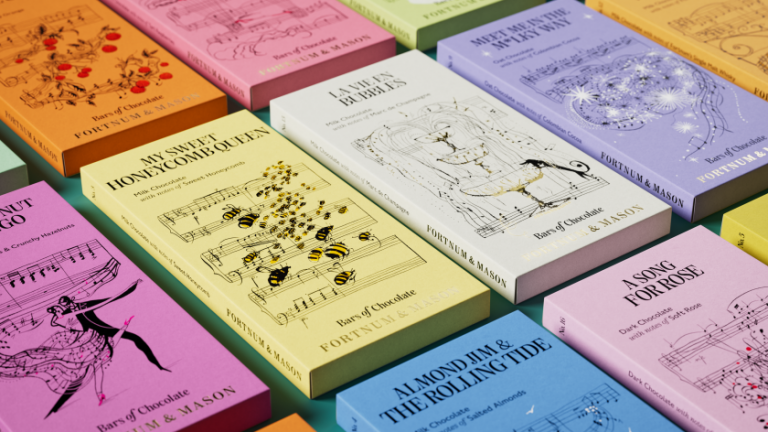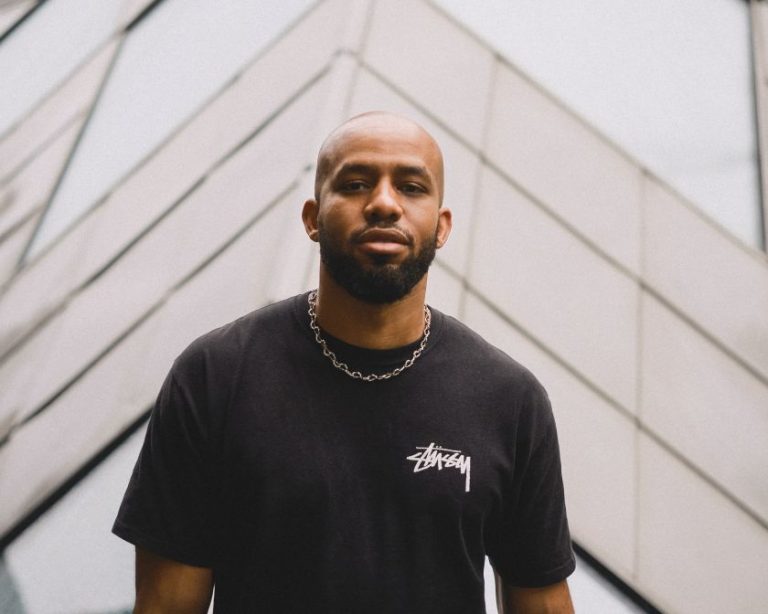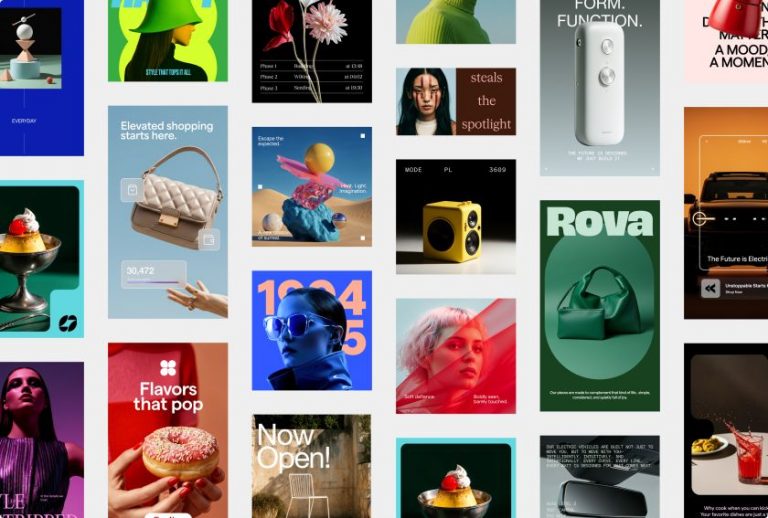How does one instantly communicate a love of music and beats? Well, a beating heart might just do it, and it forms the basis of a new identity for Deezer, an independent music streaming service that’s just had an overhaul thanks to Koto. We find out more.
Established in 2007, Dezeer is an international music streaming service with access to a full-range music library. Available in more than 180 countries and with almost 10 million paid subscribers, it operates in a fiercely competitive industry focused on delivering a world-class music experience.
Deezer approached Koto – the global design studio that boasts Meta, Google and Amazon as recent clients – to give its platform a refreshed look and feel that reflects a strategic shift towards a new brand purpose, one that “helps you be and belong”. Bold, fresh and quirky, it builds on the belief that “music is the beating heart of life” and has the “power to move, inspire and empower creativity”.
“Our vision for Deezer is to create an experience services platform around all things music, where we give people opportunities to express themselves and to connect with others,” says Maria Garrido from Deezer, who believes refreshing its visual identity is a necessary step in its evolution. “It allows us to tell our story more emotionally, connect with music fans, artists and strategic partners alike through visual cues that let people know that with Deezer, they can live the music, not just listen to it.”
At the core of the new identity, then, lies a logo of a beating heart. Designed to represent a love and passion for music, its variable shapes shift and move to signify musical rhythms and beats. Its motion and pulsating quality aim to directly mirror the essence of music and how we, as humans, enjoy listening to it, much like a heartbeat. “The logo transitions between two dynamic states: one grounded in humanity, moving to its rhythm, and the other deeply intertwined with music, dancing to the beat,” explains Koto. “In both forms, the logo symbolises Deezer’s unwavering commitment to delivering an immersive and interactive music experience.”
Beyond this, Koto has built a new design system around the versatile ‘beats’ inspired by the brand’s logo. These adaptable beats take various forms, creating dynamic patterns – much like a musical equaliser – and graphic elements throughout the brand’s visual identity. They can serve as sound expressions, illustrative elements, or even container shapes for imagery.
The theme continues with the new Deezer SANS typeface, a variable font designed in close collaboration with Luke Prowse, the founder of NaN type foundry. The iconography style, meanwhile, takes its cues from the rounded forms of the beat symbol. “We wanted to ensure that the icons remain distinctive and functional, instantly recognisable to Deezer’s users,” adds Koto.
Now, what about colour? In the usual Koto style, there’s a seriously nice palette, with vibrant Deezer Purple taking centre stage to capture the brand’s lively personality. The supporting colours are zesty and have contrasting tones balanced with classic black and white. It’s a streamlined palette, no doubt, but one complemented by a broader spectrum of colours designed for playlist covers and ensuring uniformity in saturation and tone.
“Deezer’s rebrand represents a bold exploration into the very essence of music,” says Joe Ling, creative director at Koto. “The core brief from Deezer was that they wanted to create a clear visual thread through their identity to link everything together. Now, our logo lead system just does that, with a clear visual connection between every brand element driven by the repeated use of the beats in the logo.”
Ling adds that ‘Live the music’ isn’t just a phrase; it’s the life force that courses through every aspect of Deezer’s new brand. “From the logo to typography, colours, design system, iconography, art direction, and motion, this belief has been infused into every creative vein. The flexibility of Deezer’s design system allows the brand to amplify its voice, whether through words or visuals, adapting seamlessly to various contexts. In embracing a symbol which communicates how music makes us feel and the role it plays in our lives, the new brand captures the very essence of the idea of Deezer being where fans can truly live the music.”









